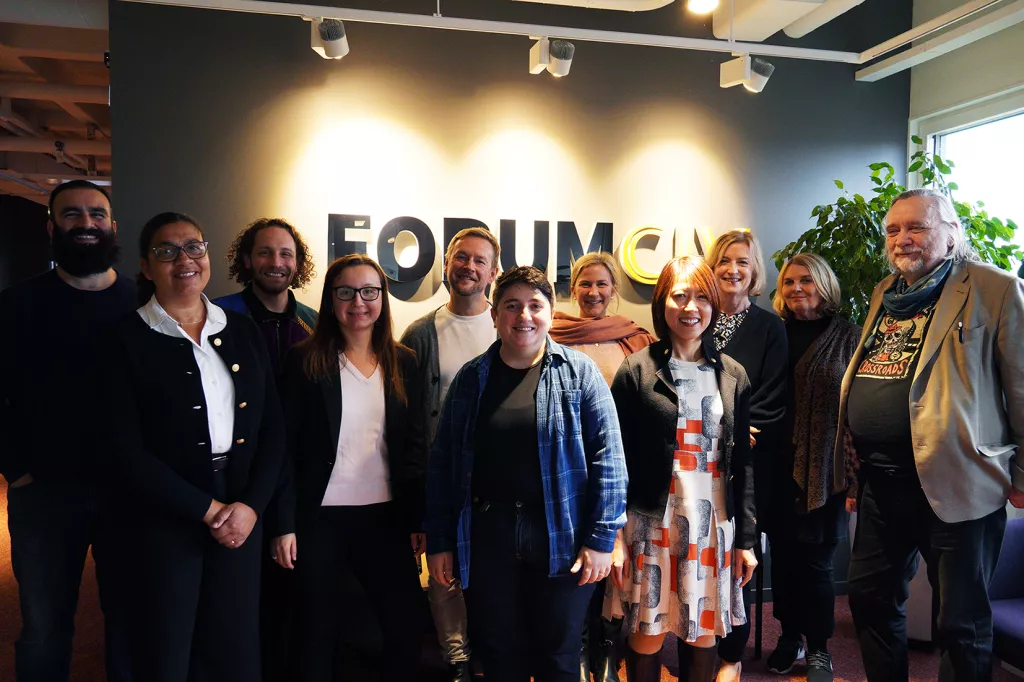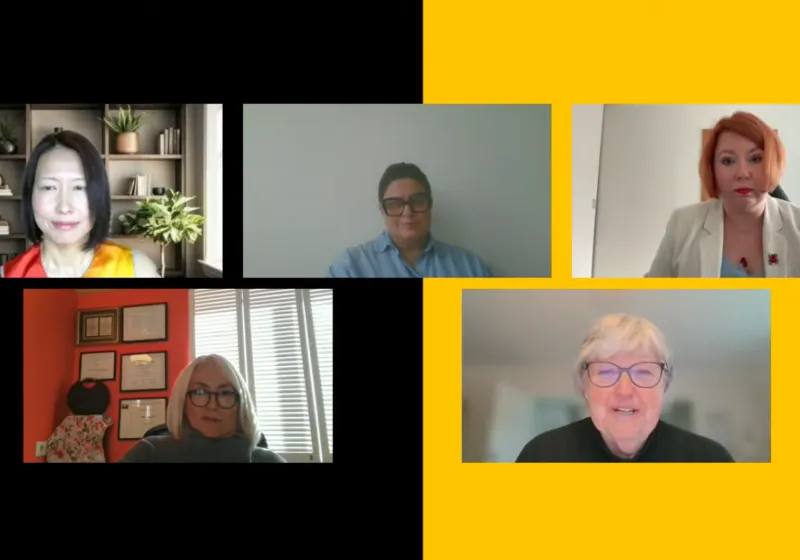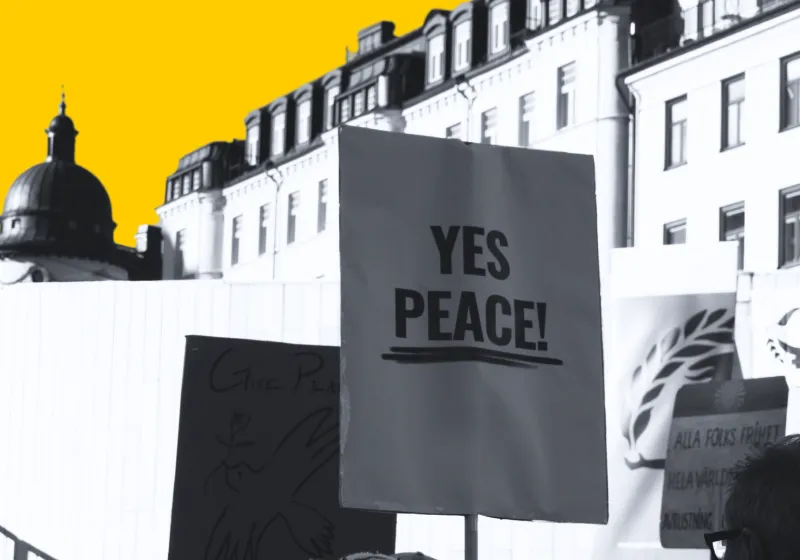Eastern Partnership Network

Why the EaP Network?
When the EU and the Eastern Partnership countries established the Eastern Partnership initiative, civil society saw a need to ensure that local voices from the ground were included in decisions and strategies. Human rights situations are best assessed by the people living in them, and reforms that seek to change the situation must be informed by people organizing towards those rights. And so, the EaP Network was formed to ensure that the voice of civil society is included and respected in the development of the Eastern Partnership region. Given the historical relations and present influence of Russia in the region, the Network's scope of interests includes the development of Russian civil society.
The contacts between Swedish civil society and civil society in Eastern Europe are crucial for the support that is now directed at the countries in the region both from Sweden and the EU to be sustainable, make societies resilient and promote reforms.
Christina Johannesson, Swedish Ambassador for the Eastern Partnership
What is the EaP Network?
The EaP Network is a platform for Swedish civil society actors engaged in the Eastern Partnership region and Russia. The network members work with a diversity of different thematic areas, but all are engaged for the same geographical region. Through the Network, cross-border and cross-sectorial bridges are built, organizational capacity is strengthened, and joint advocacy is rolled out to ensure civil society influence over policy formulation and political decisions that affect the Eastern Partnership region and Russia.
The EaP Network is a good point of contact with the Swedish Ministry of Foreign Affairs, the Ambassador for the Eastern Partnership and civil society, allowing us to share information, discuss situations and challenges, and provide input on policy documents.
Natia Gvianishvili, RFSL
What does the EaP Network do?
- Enable cooperation and partnerships between civil society organizations in Sweden and the EaP countries
- Spread knowledge and awareness about the Eastern Partnership both among Swedish society and the societies of EaP countries
- Organize capacity development activities for its members and their local partners
- Conduct advocacy work towards the EU and Swedish policymakers on decisions related to the EaP region
- Coordinate civil society efforts to influence political strategies and decisions concerning the EaP region
- Collaborate with civil society platforms, academia & think tanks working with the EaP region
ForumCiv (coordinator) | Airclim | CCB - Coalition Clean Baltic | Civil Rights Defenders | Central Asia Solidarity Groups | Framtidståget | Frilans Syd | Fryshuset | Fojo Media Institute | Global Playground | Green Forum | Hela Sverige Ska Leva | KFUM | Kvinna till Kvinna | Men for gender equality | More Mosaic | Nordic Ukraine Forum | Landsrådet för Sveriges Ungdomsorganisationer (LSU) | Loza Foundation | Olof Palmes International Center | PolRiks | PRO Global | Raul Wallenberg Institutet | RFSL | RFSU | RåFILM | Reach for Change | SILC | Share Music & Performing Arts | Svenska Freds- och Skiljedomsföreningen | Swedish Belarusians | Swedish Association of International Affairs | The Swedish Foundation for Human Rights | United Nation Association of Sweden | Union to Union | Unizon | WINNET Sweden | WWF Sweden | X-cons | Östgruppen



